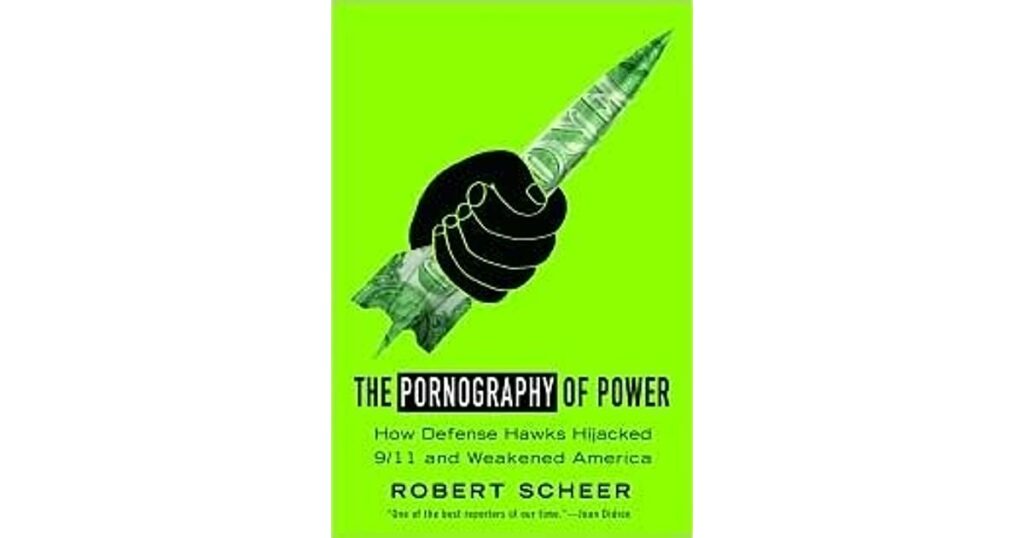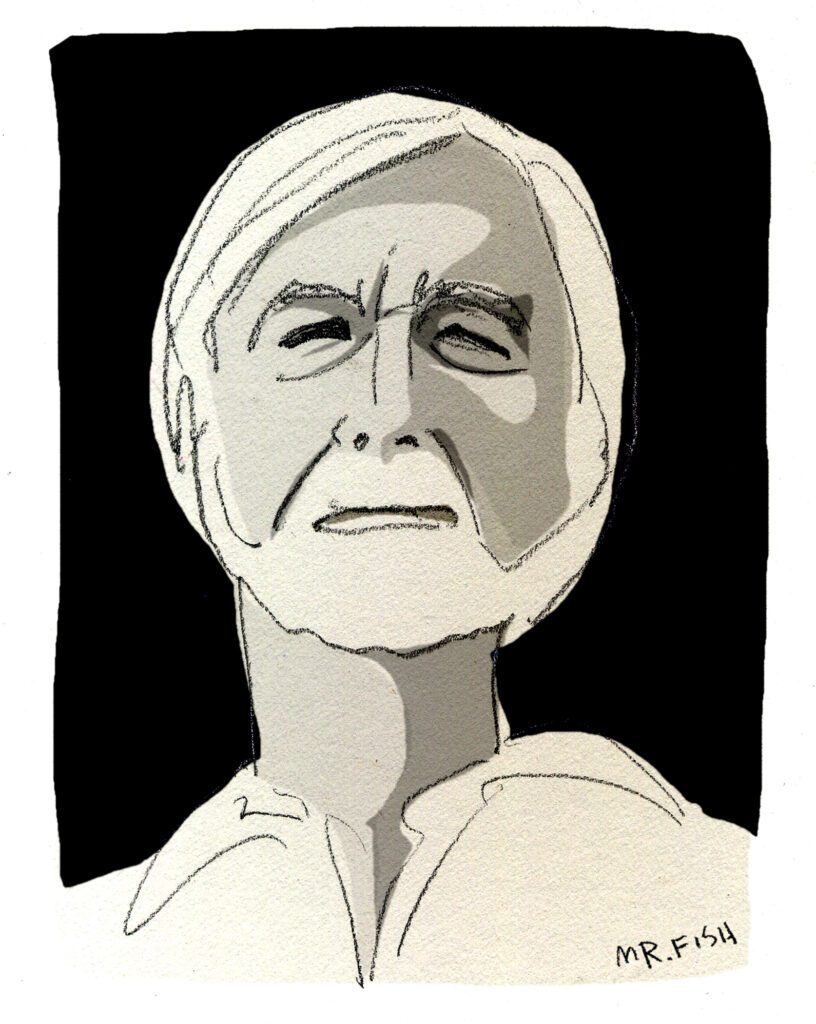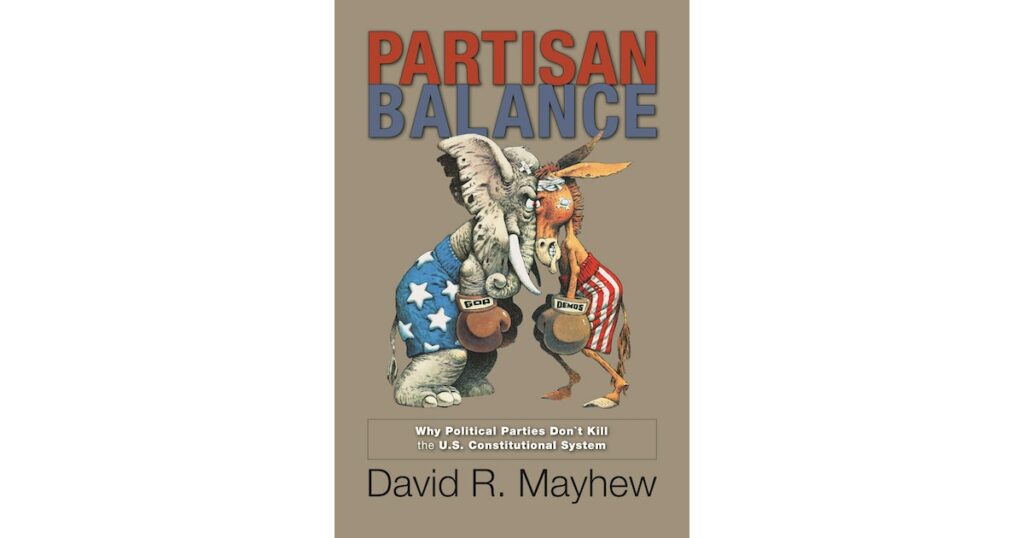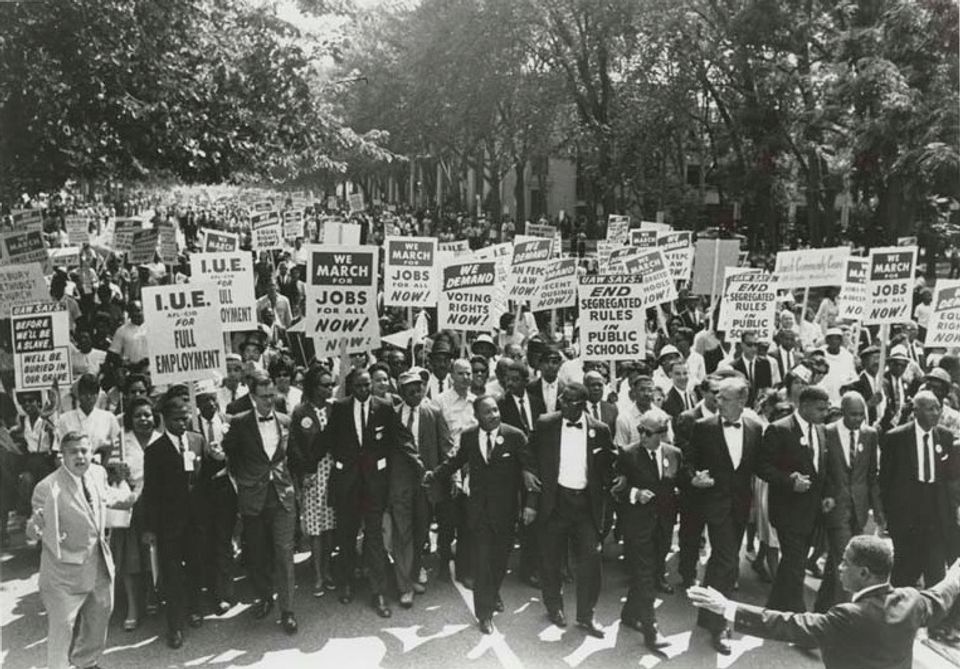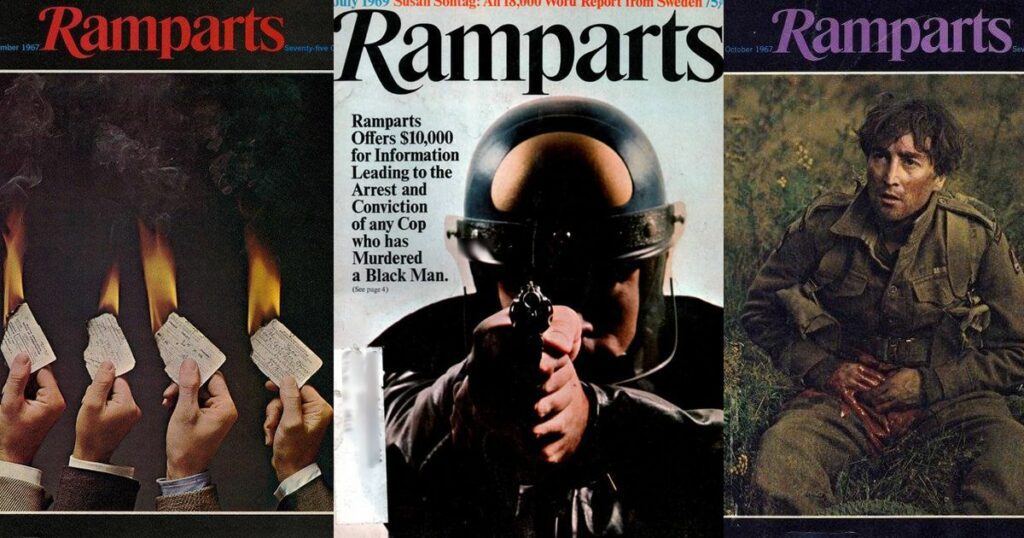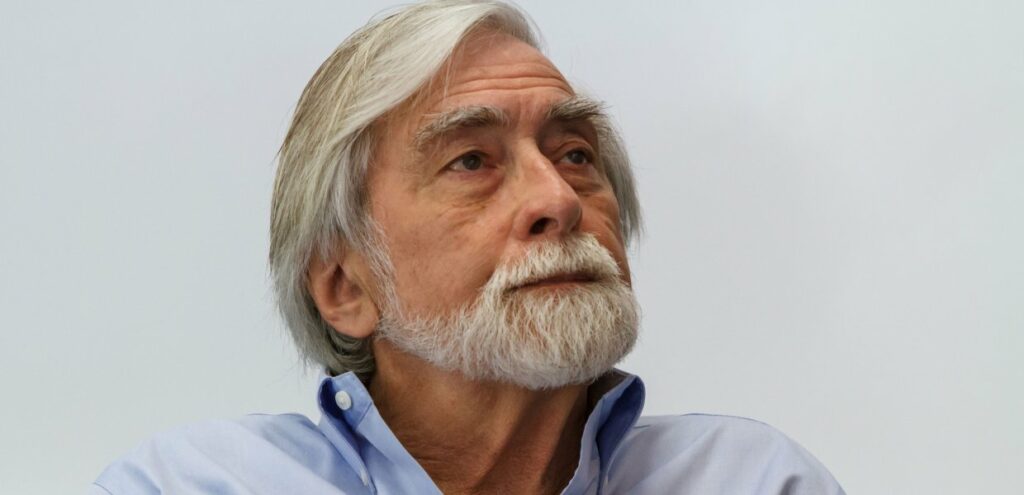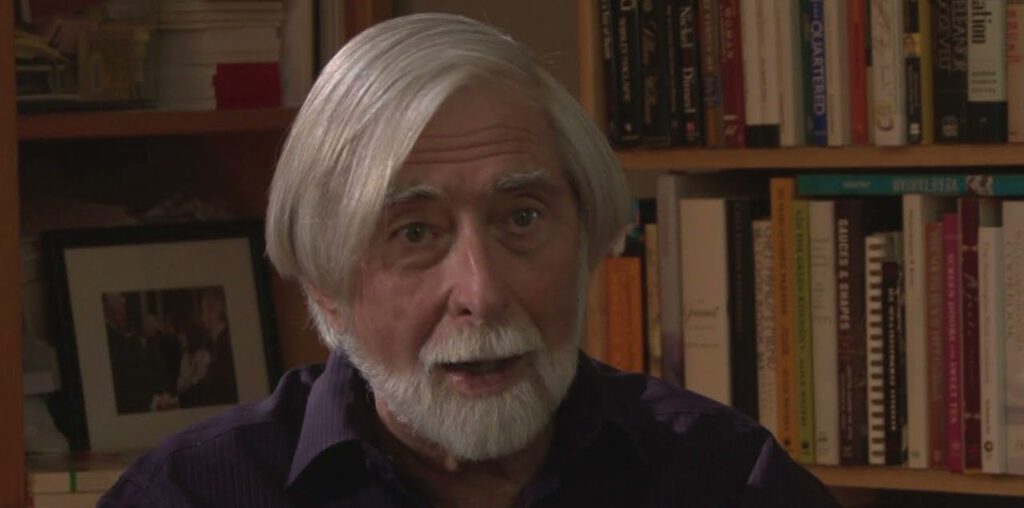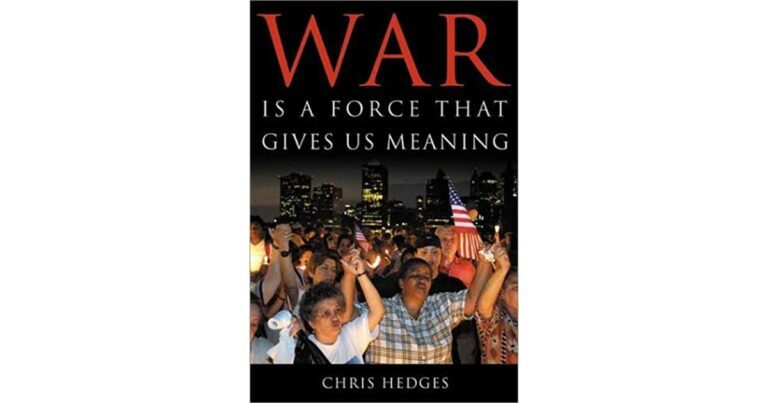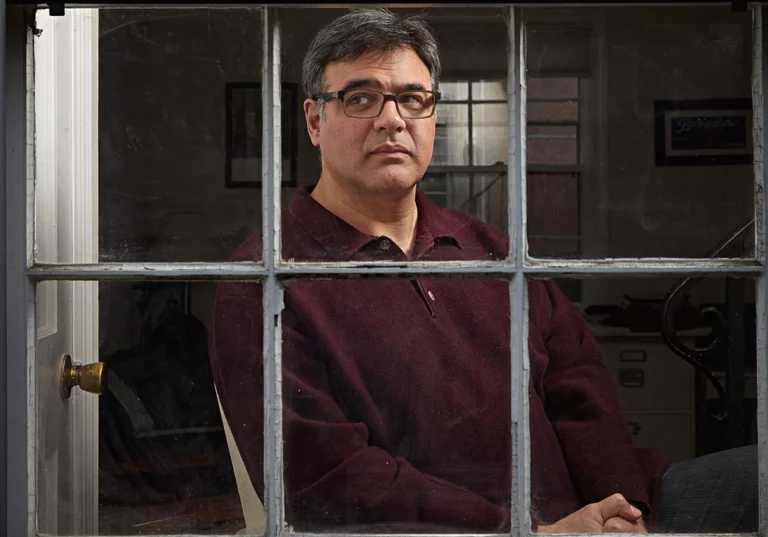This is an episode of Reality Asserts Itself, produced on June 26, 2015.
On Reality Asserts Itself, Mr. Scheer and Paul Jay discuss and debate whether there is any rationality left amongst the ruling elites.
PAUL JAY, SENIOR EDITOR, TRNN: Welcome back to Reality Asserts Itself on The Real News Network. We’re continuing our discussion with Bob Scheer. Bob is a veteran U.S. journalist, currently the editor-in-chief of the Webby Award-winning online magazine Truthdig. And his whole biography you’ll find beneath the video player. We’re just going to pick up where we were. So here’s what I’m accusing you off, that you seem to be suggesting that there’s some rationality left in this system within the elites. And I’m not talking–of course there are some individuals that have some rational long-term view. I mean, even people like Soros has been crying about the lack of banking regulation. And there’s people in different sectors of the elites who realize this is a train wreck and about go over a cliff. But those voices are actually marginalized. Even somebody who’s got as much money as Soros within the banking and financial elite is completely marginalized. Nobody really listens to a word he says–people with power, at any rate. [1:07]
PROF. ROBERT SCHEER, JOURNALIST AND AUTHOR: Well, they listen to–.
JAY: Let me finish the point.
SCHEER: They listen to Buffett.
JAY: Well, maybe. But Buffett doesn’t raise as much alarm as Soros does. But within there–they don’t even seem to be able to rule in their own interest. It would be in the interest of global capitalism to have more rational banking regulations as they introduced in the 1930s. It would be in the interest of global capitalism to deal with the threat of catastrophic climate change. It would be in the interest of any rationality not to let fossil fuel and the arms industry so dominate U.S. foreign policy, particularly in the Middle East, I mean, this fueling of a Saudi-Iranian conflict. The idea that, you know, could there be a United States without a massive military, yeah, there could, but not this United States, not this economic system, not this elite. These guys aren’t going to come around to some kind if view of we could be an equal, modest country.
SCHEER: Well, you’re absolutely right that the current configuration of power in America is irrational. We don’t have adults watching the store. And we go from one disastrous pursuit to another. I mean, there was no reason whatsoever, if we had adults watching the store, you’d go knock off Saddam Hussein in Iraq, who had nothing to do with al-Qaeda, was a force against Iran, which–you know, we backed him in his war with Iran. So the contradictions are obvious, that we don’t have adults watching the store, we don’t have rational policy. However, I think you are not the only person that now knows that.
JAY: Oh, I’m sure lots of–I would say most ordinary people kind of know it.
SCHEER: No, I think even in those circles there’s an awareness that we’re not doing very well, and there are reminders that we’re not doing well. You know, our economy is stagnant. We’re up against some real problems in terms of our future. Income inequality is one. You don’t have to be some wild lefty liberal to see that. I mean, the whole foundation of our country was always on a stable middle class and an expanding middle class, opportunity, equal playing field. I’m not saying that was the reality, but that was always the expectation. You know. And, you know, whether it’s de Tocqueville or the founding fathers, there was always an assumption that at least for what you thought was the base population there would be this opportunity. You know. And we have been forced over the last couple of decades to recognize that no, it’s going alarmingly in a different direction. Internationally, we know we’re not doing very well. I mean, we don’t produce a whole lot of products that everybody in the world is dying to get their hands on. The main thing that we’ve been effective on is this tech stuff, and our tech companies are the ones that are most concerned that our political model is not a good one. They’re the ones that are out there having to sell this stuff, and this stuff involves getting confidence and knowing the culture, caring about other people, winning their confidence. And that’s been endangered. So the only thing I would–I don’t disagree with you at all as to whether our model is in trouble. It’s in trouble. I disagree with you only on whether–the number of people who know it’s in trouble.
JAY: I would say even most of them–I would probably think most of the elite know it’s in trouble. They’re just going to cash in on it, and it’s going to be someone else’s problem to do something about it.
SCHEER: Okay. You’re putting your finger on something that I feel is very critical. And I have spent my life interviewing people generally around power, in government and so forth. I’ve traveled with Nelson Rockefeller and David Rockefeller. You know, I have interviewed people who became president, from Richard Nixon, Clinton, and so forth and so on. And if I were to try to explain, the big shift that I’ve seen is long-term as opposed to short-term, that most of the people I had interviewed in the first stage of my career, say somewhere up until 1970, were people that at least were concerned what their grandchildren might think. You know? There was either through family, inherited wealth, or going to certain schools, or there was some sense of social responsibility, you know, that you could find, that we have to leave our mark, we have to leave it a better place, we have to–and just for our place in history, that it mattered. Okay? So you could be concerned, oh, we’d better get with the civil rights movement, because otherwise we’re going to fall apart, or we’d better care about the economic condition of the rest of the world, because otherwise it will rebel, we’d better worry about the living condition of our own people here or they’ll rise up with pitchforks and toss you out. I think what happened is we went into this madcap period of short-term greed.
JAY: And let me just–Bob wrote a book called The Great American Stickup: How Reagan Republicans and Clinton Democrats Enriched Wall Street While Mugging Main Street. And this was a kind of turning point you’re talking about.
SCHEER: Yeah, that’s really what my book is about, because you had sensible rules of the road that came out of the New Deal, and there was a recognition, because of the Great Depression, that you just can’t have this madcap, crazy, Gilded Age society. Again I overuse this concept of adults watching the store, but I remember going back to just being a kid in the Bronx, and you didn’t leave the children to run the fruit stand, ’cause they’d give everything away or they’d go off themselves and play stickball. Somebody had to be there to make sure the stuff got sold and money was paid and things. And you lost that. You got people coming out of the law schools and the business schools that were shysters. You know, they just wanted some hustle, some scam. That’s how you got into credit default swaps and collateralized debt obligations.
JAY: Yeah, but the bubbles are euphoric,–
SCHEER: Yeah.
JAY: –if you’re in on cashing in on the bubble.
SCHEER: And anybody who looked at that knew. I mean, I was interviewing people during those years, and they’d say, this is, you know, as Buffett said, financial instruments of mass destruction. You know, how could you believe in any of this stuff? How could anybody believe if you–this is what my book was about–you take all these loans and you redefine them and you talk about the risk in stupid ways and you give loans to people who can’t support it, and somehow, okay, and whether you were in Fannie Mae, Freddie Mac, or whether you were in the private sector, ’cause Fannie Mae and Freddie Mac were being traded on the stock market, you had to know that this was going to explode. They knew it. And they got the laws to change to make it legal. It should have been illegal. You know. I mean, the Commodity Futures Modernization Act, which Bill Clinton signed off as a lame duck president in 2000, after it was already–you know, the election was over, he was now a lame duck, and he signed this bill. What was the purpose of it? It was to make all of this garbage legal. It said–I think it was Section 3 of the Commodity Futures Modernization Act–a Republican-Democratic bipartisan bill–said no existing law or regulatory agency will have jurisdiction over credit default swaps or collateralized debt obligations or any of these new financial mechanisms. Why? Because they said this is modern. We have to compete with Europe. You have to be able to do these things. We can’t let–we have to give legal certainty–Lawrence Summers, you know, secretary of the Treasury–we have to have legal certainty for these financial instruments; otherwise, they won’t be effective. Right? Legal certainty meant no one’s going to look at it, no one’s going to challenge it, no one’s going to set any standards, no existing regulatory agency or law will apply. So it was a license to steal.
JAY: Now, for people that don’t understand the concept, quickly.
SCHEER: Well, quickly, what happens is they developed all these new financial gimmicks. You know, a credit default swap was something that was an insurance policy, but it was not an insurance policy. It’s what AIG did and got into so much trouble. They said, you do these collateralized debt obligations, you take all these different loans, subprime mortgages–.
JAY: Which were invented in Baltimore, by the way.
SCHEER: Yeah, auto loans, or any of these things, and then they don’t make sense on their own and they all seem quite risky, but we’ll put them into a pool and we’ll assess their value and we’ll get these credit rating agencies that have a stake in saying, yeah, they’re all good to go because they’re going to get money from it. So there was no regulation. And then you pass a law that says you’re allowed to do this, no one will look at it carefully, no existing regulatory agency will have control. So you’ve got a license to steal. Go knock yourself out. You know? And they, selling all these loans, packaging them, and then reselling them to people over the world. Right? And we can predict, you know, get this income and so forth. And then, if it looks shaky, we’re going to give you these phony insurance policies, right, that will seem to back them up. But there’s no money behind it. It’s not like a real insurance policy. Nobody’s putting any resources. So, suddenly, you’ve got this thing that’s going to explode, and AIG, which is supposed to be backing up the insurance, says, hey, we can’t do that; we have no money for that. So now your housing bubble has collapsed and AIG can’t support it. And it’s nothing more than the mafia doing a scam, only you have passed laws that say that’s all legal, that’s all legal. Now, you’re absolutely right. You wouldn’t do that if you were worried about how even you would appear to your grandchildren. Okay? People looking back now know these people were crooks, whether they went to–they didn’t go to jail, ’cause they they get the law passed to make it that it’s not a crime to defraud people. It’s legal. It wipes out half of the wealth of African Americans in this country, wipes out the economic gains of the civil rights movement, ’cause they were particularly a group that was particularly victimized. It wipes out two-thirds–these are Pew Research Center figures–wipes out two-thirds of the wealth, the collected wealth over generations of Hispanics in this country because they were subject to these subprime. They lose everything when they lose their house. But the guys putting it all together, they escape with their billions. They don’t go to jail. So, yes, if what you mean by your opening statement was we don’t have solid, responsible people who even care how they will appear to their grandchildren–. You’ve got a guy like Robert Rubin, okay? Robert Rubin was secretary of the Treasury under Bill Clinton. He had come from Goldman Sachs. He had convinced Clinton you could do all this stuff, this is all great, we’ll do all this crap. He brings in Lawrence Summers. Timothy Geithner, who’s a younger person working in there, he becomes the Treasury secretary under Obama. They do all this stuff. They get Clinton to sign off on it. He does it with Phil Gramm, the Republican, so it’s bipartisan. Very few people challenge it. You know, now, I think if you ask anybody about Robert Rubin, they say, God, yeah, he wasn’t too good for it. I’ll bet you his own family members think he got his–you know, what happens? He leaves the Clinton administration; he goes to work for a bank that he makes legal, right? The merger of Citibank and Travelers Insurance they make legal with their reversal of Glass-Steagall, the Financial Services Modernization Act, and then they got the Commodity Futures [Modernization Act], which makes these gimmicks legal. He gets $10 million a year for the next decade. Sure, he’s got money salted away. But I don’t think he’s got a reputation that’s worth anything. I don’t know. Lawrence Summers, again, I don’t think people particularly treat those with respect. But they have money. You know, they can take care of their nephews and nieces. But I think it’s generally accepted they caused a lot of damage to the economy.
JAY: But it’s not, like, that it’s just a bad group of people happened to get into power. And I’m not suggesting you’re suggesting that.
SCHEER: No, it’s the best and the brightest that Halberstam wrote about in Vietnam. These are very well educated people who know what they’re doing and, I believe, have to know it’s going to destroy the lives of millions of people, and they go ahead and do it. It’s just like–.
JAY: Yeah, ’cause they say if it ain’t me doing it, it’s going to be him doing it, or her.
SCHEER: Whatever their rationalizations, they surround themselves with lawyers and PR people who tell them this is all wonderful, and they get away with it.
JAY: But it’s the way the system has evolved that so much money is in so few hands. There’s not much else for them to do with it than bet and gamble against each other, create this massive speculative sector of the economy, which is financializing everything. Even when they talk about climate change, all they really have in mind is a way to financialize it. So whether it’s this group or the other group, the sort of system itself is created where there’s–so much capital has become completely parasitical.
SCHEER: Yes, but they could also be decent people. They could actually wonder about what would Jesus do. They could actually think about what does their lives mean.
JAY: I think some do and drop out.
SCHEER: A few.
JAY: Some do, and they can’t take it anymore, and they drop out.
SCHEER: Yeah.
JAY: But they’re not in any position to change the course of the ship.
SCHEER: Well, but also the question you should ask is why aren’t they being observed in doing this. And the reason is because they can buy off everyone.
JAY: Especially the media.
SCHEER: The media, but the universities, the grants of–you know, build buildings at universities. Come on.
JAY: I want to stress the media ’cause they have this theatrical show going in the elections–I’m not saying there isn’t a real contention for power, but when you have unlimited contributions, unlimited spending, what are they spending it on? They’re spending it on TV advertising.
SCHEER: Yeah, and they’re spending it on candidates who will not give them a hard time. There’s no question about it. But it’s not just the media. I mean, I don’t want to exonerate the media, but you–you know, in the day of the internet, you should have more critical voices, right, ’cause–but even there you look at where could–you know, okay, to understand the economy or foreign policy requires a little brainwork, okay? Most people have got to take care of their job and their family and pick the kid up and how do I pay this bill and am I going to lose my job and/or how am I going to make that sale. And so their lives are taken up. And then we have a group of people, whether they’re called journalists or professors or consultants or what have you who actually have the time and are really charged with figuring stuff out. Now, most of this stuff is not all that difficult to figure out. So then you have to ask yourself the question, why didn’t you figure it out? I mean, why didn’t the media–in my book I describe how The New York Times was a cheerleader for this radical deregulation. They used words like modernization. They said long overdue. Now, why? You know, because they were living in a culture and benefiting from a culture that was benefiting from the ripoff. These are the people who advertise. These are the people who invest in your venture, in your media. These are the people who buy chairs at the schools where you’re teaching. These are people who support the charities or political causes that you happen to agree with. There is a culture of corruption, I mean, ’cause anyone else looking at this, they say, wait a minute, this is nonsensical, this is bad. Why are you selling–I remember writing about this stuff. I would go out to what they call the Inland Empire in California where they’re building all of these–. I said, who’s going to live here? How are they going to get to work? Who’s paying for this? Why are they making the loans? And then you realize there is no there there. Don’t confuse the thing–I remember an old advertising [incompr.] don’t confuse the thing being sold with the thing itself. They’re not selling a house to somebody who needs a house and is going to live and be able to afford the payment; they’re selling this collateralized debt obligation that’s 1,000 of those houses that you have made and chopped up and iced and diced and everything and sliced, and then you’re going to make that seem like a good bet to somebody. Where? In Saudi Arabia or in France or–.
JAY: Knowing it’s all going to default.
SCHEER: Yeah, but you’re going to get in and out before it defaults.
JAY: Yeah. So please join us for the next segment of Reality Asserts Itself with Bob Scheer on The Real News Network.
Never miss another story
Subscribe to theAnalysis.news – Newsletter
“Robert Scheer is an American left-wing journalist who has written for Ramparts, the Los Angeles Times, Playboy, Hustler Magazine, Truthdig, Scheerpost, and other publications, as well as having written many books.


